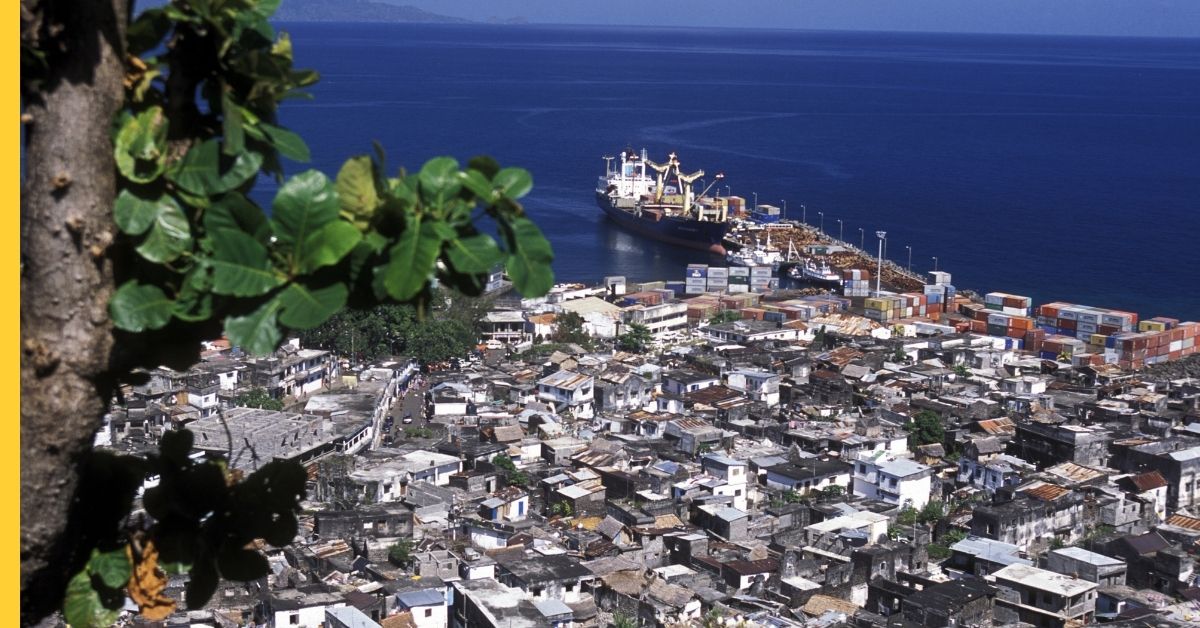
The study, mapping offshore gambling regulatory frameworks globally, found that more than 20 jurisdictions now offer online gaming licences, with several new regimes appearing in response to regulatory reforms in Curaçao, the Philippines and the Isle of Man.
The proliferation of these “pseudo regulators” has created significant risks for player protection and sports integrity, while enabling money laundering and match-fixing activities, researchers warned.
Many of the new jurisdictions operate with minimal oversight and offer licences at substantially lower costs and faster processing times than established regulatory frameworks.
Mapping the Offshore Gambling Regulators was funded by a Research Innovation Fund Seedcorn award from the Bristol Hub for Gambling Harms Research at the University of Bristol, and authored by award winning sports integrity journalist Steve Menary and academic Marko Begovic.
Martin Purbrick from the International Federation of Horse Racing Authorities said: “What must increasingly be assessed is what role do the offshore gambling licensing ‘pseudo regulators’ play in the expansion of online illegal betting by providing camouflage to their actual illegality at the point of sale of bets to consumers?”
The research identified Anjouan, an autonomous island in the Comoros with a population of 277,500, as having become the most popular new offshore regime. Anjouan Licensing Services reported issuing 825 active internet gaming licences by May 2025.
The jurisdiction offers licences with no tax on gross gaming revenue and processing times of just two to three weeks.
Other emerging jurisdictions include Timor Leste and the Commonwealth of the Northern Mariana Islands, where legislation was passed in 2025 to permit internet gaming operations targeting overseas markets.
The shift to new offshore regulators has coincided with a significant increase in unresolved player complaints.
Data from dispute resolution service Casino Guru showed unresolved complaints against operators licensed in Anjouan surged 90% in 2024 to 148 cases, involving disputes over blocked accounts, delayed payments and self-exclusion issues.
Šimon Vincze, head of sustainable and safer gambling at Casino Guru, added: “Playing at offshore operators is risky as there are few assurances of fair treatment. Their T&C might be structured unfavourably for the players and contain traps that will be used as a reason for confiscating money.”
The study found that many of the new jurisdictions lack adequate alternative dispute resolution mechanisms, leaving players with limited recourse when disputes arise.
In contrast to established regulators like the Malta Gaming Authority, most offshore regimes do not require operators to appoint independent ADR providers.
The research also highlighted concerns about beneficial ownership transparency in many new jurisdictions.
While some territories like Estonia require disclosure of ultimate beneficial owners, others such as Anjouan operate with minimal due diligence requirements that can obscure company ownership structures.
The growth in offshore licensing has been driven partly by crypto currency gambling, which has seen gross gaming revenue increase fivefold between 2022 and 2024 to reach $81.4bn, according to data from regulatory intelligence platform Yield Sec cited in the research.